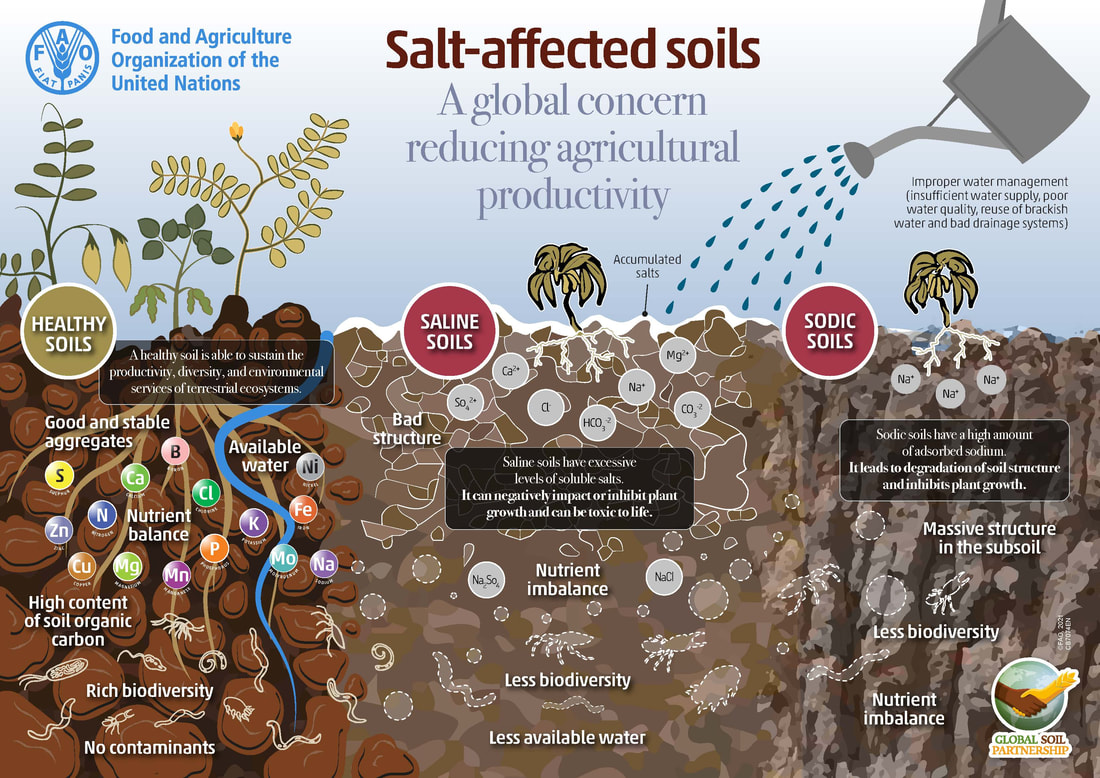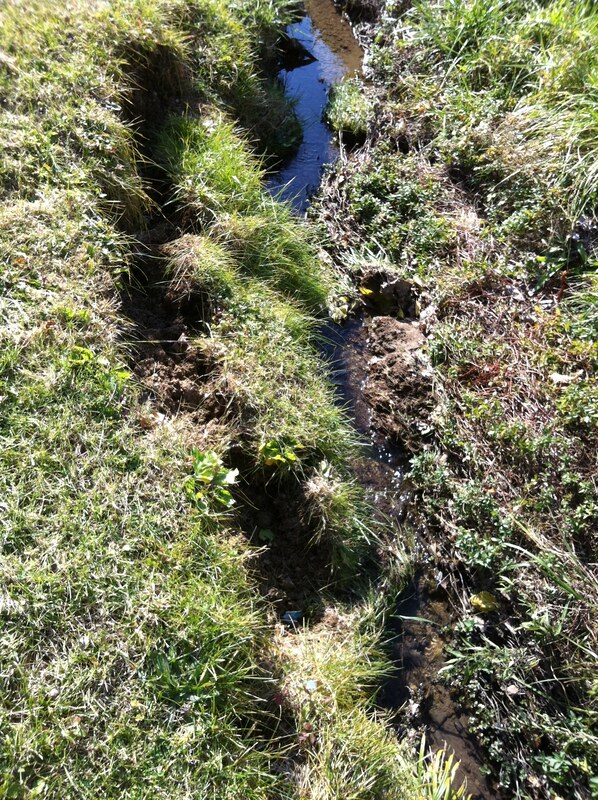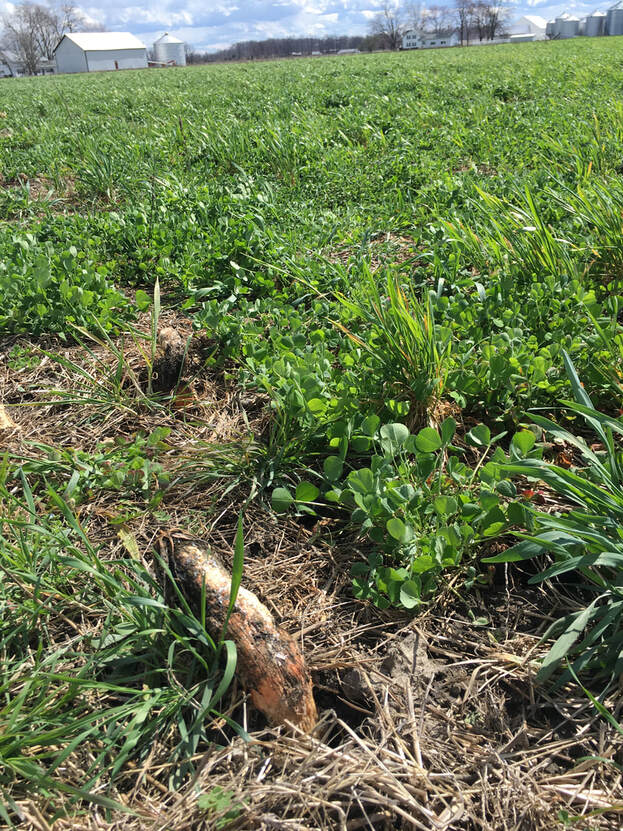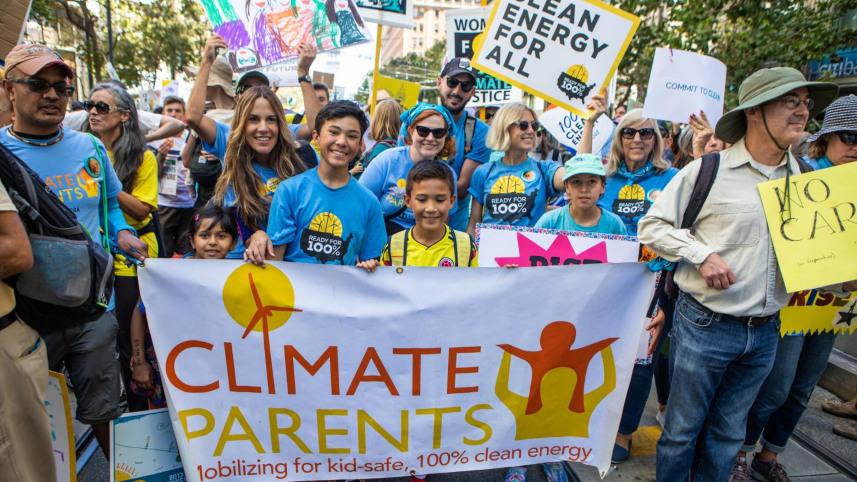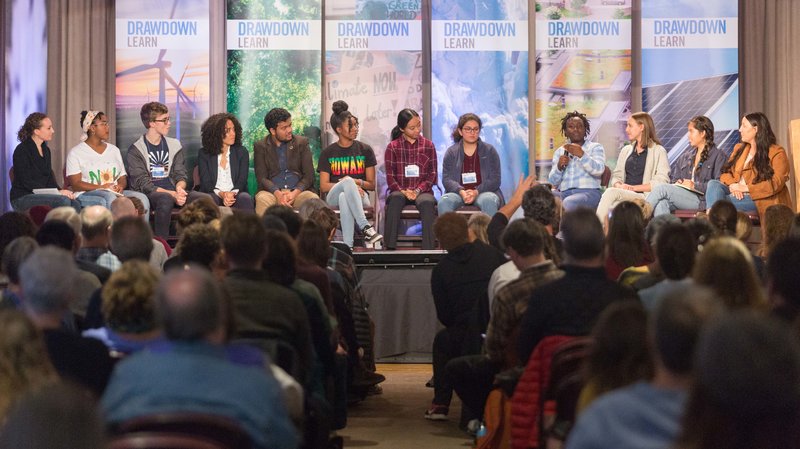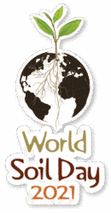 The soils of the world are diverse and allow us to produce a plethora of crops and food to support the global population. World Soil Day, celebrated annually on December 5th, was established by the Food and Agriculture Organization of the United Nations to celebrate one of our most vital resources. Soil is essential for filtering pollutants from our water, storing carbon, and providing the foundation for an estimated 95 percent of the world’s food supply. The theme for the 2021 World Soil Day is Halt soil salinization, boost soil productivity. According to the FAO, soil salinization and sodification are major soil degradation processes threatening ecosystems and are recognized as being among the most important problems at a global level for agricultural production, food security and sustainability in arid and semi-arid regions. The goal of World Soil Day aims to raise awareness of the importance of maintaining healthy ecosystems and human well-being by addressing the growing challenges in soil management, fighting soil salinization, increasing soil awareness and encouraging societies to improve soil health. Soil is a non-renewable resource that we must conserve and care for in order to continue thriving in this world. However soils are subjected to pollution and loss, especially due to erosion. Soil particles can be detached and moved out of a field by both wind and water. Wind can pick up small soil particles, transporting them long distances. Water moving along the ground surface can remove a thin sheet of soil, create small channels, or wash out large gullies. Factors that contribute to erosion: 1. Rainfall — soil erosion increases as length or intensity of rainfall increases 2. Slope length/grade — soil erosion is worse on longer/steeper slopes because water moves faster across the soil 3. Vegetation/residue — growing plants and residue protect the soil from rain impact, slow down flowing water and increase infiltration of water into the soil, as well as protecting the soil from wind erosion. 4. Soil texture/structure — Courser soils (sands) with larger pores allow for faster infiltration (less erosion) of water than soils with finer textures (clays). Soil structure is the arrangement of sand, silt, and clay particles into aggregates. Good structure at the soil surface will also allow for increased infiltration, poor structure leads to more runoff and erosion. Poor structure is associated with low organic matter, equipment traffic on wet soils, and exposure of disturbed soil to adverse weather. The costs: 1. Yield Potential — soil erosion removes topsoil, which is high in organic matter and contains the nutrients essential for crop growth. Erosion generally decreases yield potential. 2. Nutrients — nutrients needed for crop growth are located in the topsoil where fertilizers, crop residues, and manure are applied; soil erosion will decrease the nutrient content. 3. Water holding capacity — loss of topsoil organic matter can change the overall texture of a soil and result in lower water holding capacity 4. Organic matter — topsoil is high in organic matter where crop residues and manure have been added to the soil. Erosion usually results in decreased organic matter. 5. The environment — water quality in streams, lakes, etc. can be greatly negatively affected by sediment and nutrients that are brought in by soil erosion. Wind erosion can result in reduced air quality. Possible Solutions on the Farm: 1. Reduce tillage — tillage exposes soil to the environment and makes it more likely to be eroded by wind or water. 2. Manage crop residue — keeping crop residues on the soil surface helps protect soil from wind, rain, and running water. Residue can protect soil from erosion when crops are not growing in a field 3. Grass waterways — maintaining grass waterways in low areas where a high volume of runoff is possible will slow the speed of running water and allow for sediment to be kept in the field. 4. Cover crops — cover crops allow protection for a field during times of the year when crops are not growing. Cover crops protect the soil from wind, rain, and running water. 5. Row width/direction — narrower crop rows will canopy sooner and allow for better protection of the soil. Crop rows that are planted perpendicular to slopes will decrease runoff and increase infiltration vs. rows that are planted in the same direction as the slope ...And in the Neighborhood: 1. Stabilize soil by mulching with shredded bark, wood chips, leaves, or even pine needles - Look for locally sourced materials and cover bare patches of soil, hill sides, and spaces between plants. 2. Ground Cover - From lawn daisies to clover, keep it covered. The roots of larger perennial plants do the job too of reducing erosion. 3. Rain Gardens & Plant Catchments - Catch and control water when it’s moving downhill by creating a rain garden. A well-positioned rain garden can cut down on erosion and the possibility of pollutants reaching neighboring tributaries by over 30%. To plant a rain garden, select water loving plants adapted to your region and climate, and add stones and other features to direct the water. Soil erosion has a large number of negative effects to both crops and the environment. It is important to use various management practices to protect the soil’s surface and minimize the likelihood of erosion. We all have soil to thank for the food on our tables and our ability to thrive on the planet. Recognizing its importance and what steps can be taken to protect this vital resource are critical to that continued existence.
2 Comments
The National Center for Science Education (NCSE) promotes and defends accurate and effective science education because everyone deserves to engage with the evidence. NCSE works with teachers, parents, scientists, and concerned citizens at the local, state, and national levels to ensure that topics including evolution and climate change are taught accurately, honestly, and confidently. They also support parent groups that are active in promoting responsible science education to their children. One of these groups is Climate Parents. Sierra Club's Climate Parents is a diverse national movement of parents and families mobilizing for bold clean energy and climate solutions. "NCSE was pleased to collaborate with Climate Parents in resisting legislation aimed at undermining the integrity of science education in states across the country, supporting a scientifically accurate and pedagogically appropriate treatment of climate change in revised state science education standards in a number of different states, and in criticizing misleading material about climate change in social studies textbooks submitted for adoption in Texas."...
It is up to all of us to ensure that the next generation has the tools and knowledge to succeed and thrive in a sustainable way! Read full article HERE. 11/22/2019 Giving Schools — And Students — The Tools They Need In The Fight To Save The PlanetRead NowThere are so many connected issues in the realm of environmental science and stewardship. As so aptly addressed in a recent conference on climate and education, one way to engage students in this discipline is from the standpoint of solutions. As Katharine Wilkinson from Project Drawdown says, "The classroom is such a powerful place for bringing together the multiple dimensions of this topic." Schools, she adds, "are places where all of these different facets of human beings come into one place, and I think teachers have an incredible capacity for helping students grapple with and understand these dimensions."
To read full article from NPR, click image below In today's world, a complex myriad of environmental issues exist. From habitat and biodiversity loss, water and air pollution, climate change, and deforestation, the next generation will have multiple challenges to face. As youth activists organize strikes and demonstrations about current issues like climate change, we educators are poised to help give them the knowledge and tools to address these challenges with innovation and solutions. And there are many resources available to help us help them! Several different agencies and organizations have copious amounts of lessons and information to support educational curriculum designed to educate our students about these issues. Promoting scientific literacy in students strengthens their ability to problem-solve and address these global challenges. 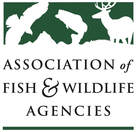 Ohio Soil & Water Conservation Districts, like us here in Warren County, provide free educational programming to local schools to supplement teachers' lessons. Many environmental education curriculum exists to provide lessons and activities for all age levels. The Association of Fish and Wildlife Agencies has a series of curriculum called Project Wild. According to AFWA, Project WILD's mission is to help students learn how to think, not what to think, about wildlife and the environment. All curriculum materials are backed by sound educational practices and theory, and represent the work of many professionals within the fields of education and natural resource management from across the country. Any educators interested in having or attending a Project Wild or Growing Up Wild workshop or Project WET workshop can contact our education staff at Warren County SWCD as we are certified facilitators of this training! Other established curriculum include Project WET, Project Learning Tree, and Project Underground. 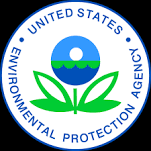 The United States EPA also has educational hands on activities to teach about air quality and climate change. Through Particulate Matter Air Sensor Kits and interactive games, teachers can help students learn about how climate change is affecting our air quality and health. These and other climate change resources can be found at U.S. EPA. Today's youth are preparing to be tomorrow's leaders. Education is vital to best prepare them to succeed in an ever changing world. The school year has begun and as we educators head into the classroom, we are ready to help engage, challenge, and inspire our students. Visit our Education page for more information on our environmental education programs. |
Details
Author:
|
|
|
Contact:PHONE: (513) 695 - 1337
EMAIL: wcswcd@gmail.com HOURS: Monday - Friday 7:30am - 4:00pm (except holidays) Connect:Warren County Soil & Water Conservation District Copyright © 2016
Warren SWCD Privacy Notice. Emails are serviced by Constant Contact. Constant Contact's Privacy Notice. |
